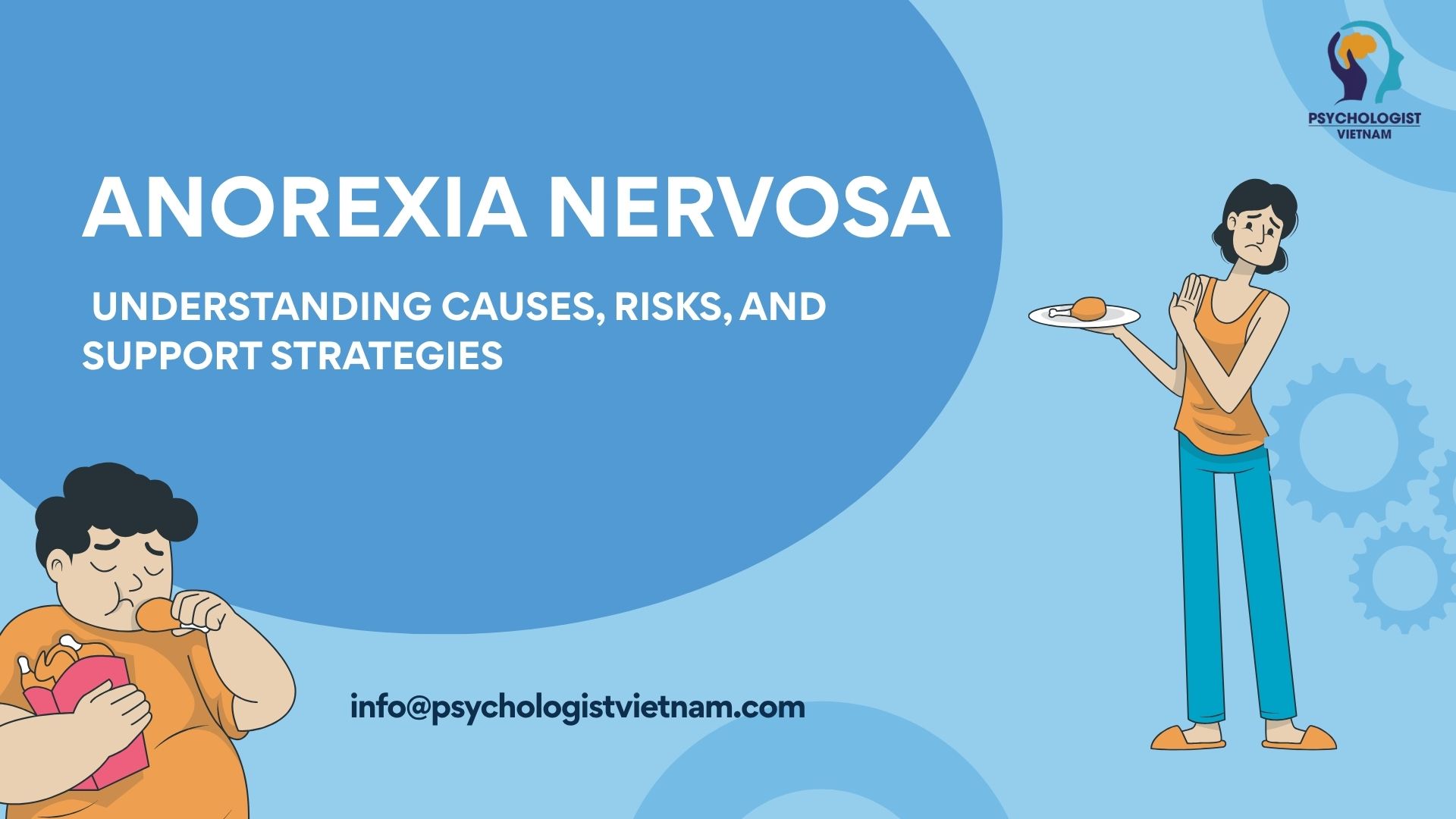What Is Anorexia?
Anorexia nervosa is an eating disorder and psychological condition marked by extreme self-starvation due to a distorted body image. People with anorexia think they are fat, regardless of how much they weigh, and are obsessive about monitoring their weight and the food they consume. They may regularly refuse to eat or eat only minimal amounts of food. In spite of the severe health risks associated with being severely underweight, those with anorexia refuse to see it as a problem. Anorexia is closely linked to perfectionism and depression, and those with the condition can and do starve themselves to death. Although young women account for most cases, anorexia can affect anyone, at any age. In the United States, an estimated 0.9 percent of females and 0.3 percent of males suffer from anorexia nervosa in their lifetime. Those at greatest risk are 15- to 19-year-old girls, according to national epidemiology surveys.
Developing Anorexia
Anorexia nervosa and other eating disorders are commonly found in cultures and settings where “being thin” is seen as desirable. Stressful life events can play a role in triggering the disorder, as can temperamental factors, such as perfectionism and obsessional traits. Biology and heredity seem to contribute to vulnerability as well. Anorexia is often accompanied by problems with fertility among women.
Developing and Treating
Bulimia can be triggered by dieting, stress, or uncomfortable emotions such as anger and sadness. Purging and other actions to prevent weight gain are ways for people to feel more in control of their lives and to ease stress and anxiety. Many factors contribute to the development of bulimia, such as genetics, traumatic life events, cultural ideals of beauty, pressure from family members, and personality traits such as low self-esteem.
Advice for Parents, Teachers and Friends
Set a positive example. You have more influence than you think. Instead of dieting, eat nutritious, balanced meals. Be mindful about how you talk about your body and your eating. Avoid self-critical remarks or negative comments about others’ appearance. Instead, focus on the qualities on the inside that really make a person attractive.
Make mealtimes fun. Try to eat together as a family as often as possible. Even if your child isn’t willing to eat the food you’ve prepared, encourage them to join you at the table. Use this time together to enjoy each other’s company, rather than talking about problems. Meals are also a good opportunity to show your child that food is something to be enjoyed rather than feared.
Avoid power struggles over food. Attempts to force your child to eat will only cause conflict and bad feelings and likely lead to more secrecy and lying. That doesn’t mean you can’t set limits or hold your child accountable for their behavior. But don’t act like the food police, constantly monitoring your child’s behavior.
Encourage eating with natural consequences. While you can’t force healthy eating behaviors, you can encourage them by making the natural consequences of not eating unappealing. For example, if your child won’t eat, they can’t go to dance class or drive the car because, in their weakened state, it wouldn’t be safe. Emphasize that this isn’t a punishment, but simply a natural medical consequence.
Do whatever you can to promote self-esteem. in your child in intellectual, athletic, and social endeavors. Give boys and girls the same opportunities and encouragement. A well-rounded sense of self and solid self-esteem are perhaps the best antidotes to disordered eating.
Don’t blame yourself. Parents often feel they must take on responsibility for the eating disorder, which is something they truly have no control over. Once you can accept that the eating disorder is not anyone’s fault, you can be freed to take action that is honest and not clouded by what you “should” or “could” have done.
Provide hope and encouragement, praise each small step forward, and stay positive through struggles and setbacks.
Learn about eating disorders. The more you know, the better equipped you’ll be to help your loved one, avoid pitfalls, and cope with challenges.
Listen without judgment. Show that you care by asking about your loved one’s feelings and concerns—and then truly listening. Resist the urge to advise or criticize. Simply let your friend or family member know that they’re being heard. Even if you don’t understand what they’re going through, it’s important to validate your loved one’s feelings.
Be mindful of triggers. Avoid discussions about food, weight, eating or making negative statements about your own body. But don’t be afraid to eat normally in front of someone with an eating disorder. It can help set an example of a healthy relationship with food.



